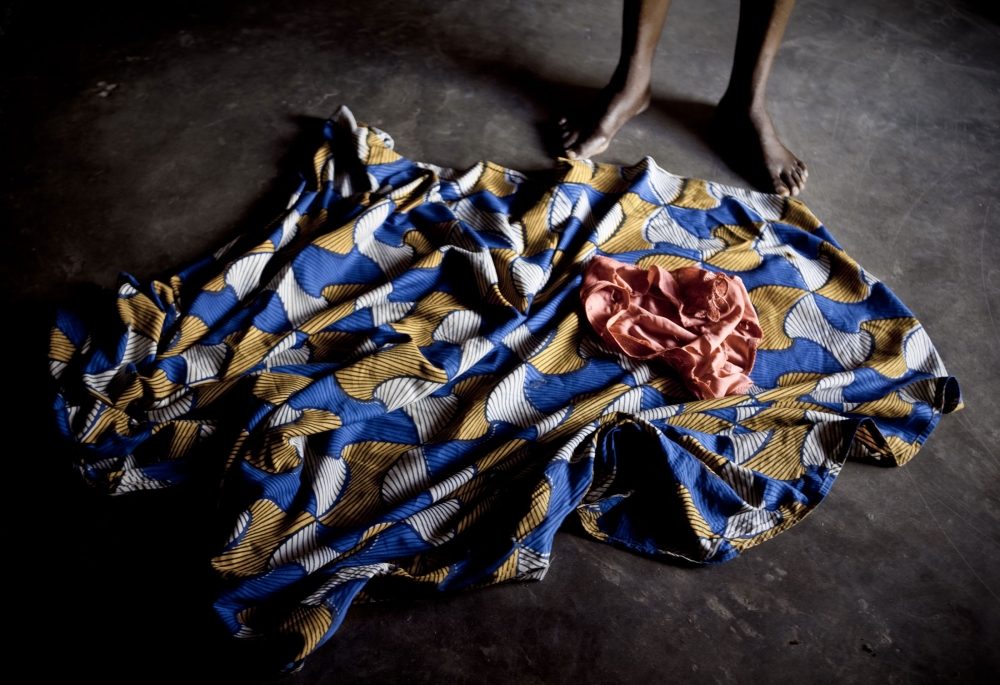
S.A. v DRC
S.A. (a pseudonym given to her to protect her identity) was raped by a member of the Armed Forces in the late 2000s, during the armed conflict in the Eastern Democratic Republic of the Congo (DRC).
S.A.’S STORY
S.A. was raped by a soldier in the Armed Forces in the late 2000s, who was known to her. He committed the attack after threatening her husband and children. He also stole all of the family’s savings. S.A.’s attacker was convicted by a domestic court. In its judgment, the domestic court awarded compensation to S.A. and ordered the return of her property. This reparation award was made against both the attacker and the government of the DRC as the attacker was acting as a state agent. Like many other rape victims, however, S.A. has not received the compensation from the government up to today despite her attempts to enforce the judgment.
ACTION FOR JUSTICE
On 21 November 2014, REDRESS and Synergie pour l’assistance judiciaire aux victimes de violation des droits humains au Nord Kivu (SAJ) filed a communication with the African Commission on Human and Peoples’ Rights (ACHPR), on behalf of S.A. seeking the enforcement of the judgment and additional systemic measures to facilitate the realization of reparation awards and prevent sexual violence.
The communication sets out the legal framework of court-ordered damages in the DRC and the obstacles faced by victims when seeking enforcement of these awards.
REDRESS and SAJ argue that the failure of DRC to provide any payments to S.A. constitutes a violation of the right to a remedy and reparation for victims of violence against women enshrined in the African Charter on Human and People’s Rights and the Protocol to the Charter on the Rights of Women in Africa.
On 2 February 2017, human rights organisation TRIAL filed an amicus curiae brief to the African Commission on Human and Peoples’ Rights in this communication on reparation for sexual violence in the DRC.
THE OUTCOMES
The communication was declared admissible at the 20th extraordinary session of the African Commission on Human and Peoples’ Rights held from 9 to 18 June 2016.
The decision on the merits of the submission is pending.
QUICK FACTS
- Case Name: S.A. v. Democratic Republic of the Congo
- Court/Body: African Commission on Human and Peoples’ Rights (ACHPR)
- Date Filed: 21 November 2014
- Current Status: Communication declared admissible. Merits decision pending.
- Legal representation: REDRESS and SAJ
KEY WORDS
The African Charter on Human and People’s Rights (also known as the Banjul Charter) is a regional human rights instrument that is intended to promote and protect human rights and basic freedoms on the African continent.
The Protocol to the African Charter on Human and People’s Rights on the Rights of Women in Africa, better known as the Maputo Protocol, guarantees comprehensive rights for women. These include the right to take part in the political process, to social and political equality with men, improved autonomy in their reproductive health decisions, and an end to female genital mutilation.
Sexual violence refers to any act of sexual nature which is perpetrated by force, threat, coercion, by taking advantage of a coercive environment or the victim’s incapacity to give genuine consent.
Amicus curiae means a person or group who is not a party to a lawsuit but who offers independent expertise to the court on specific matters relevant to the lawsuit at hand.
PHOTO CREDIT
Photo by Gween Dobourthoumieu / IRIN.
